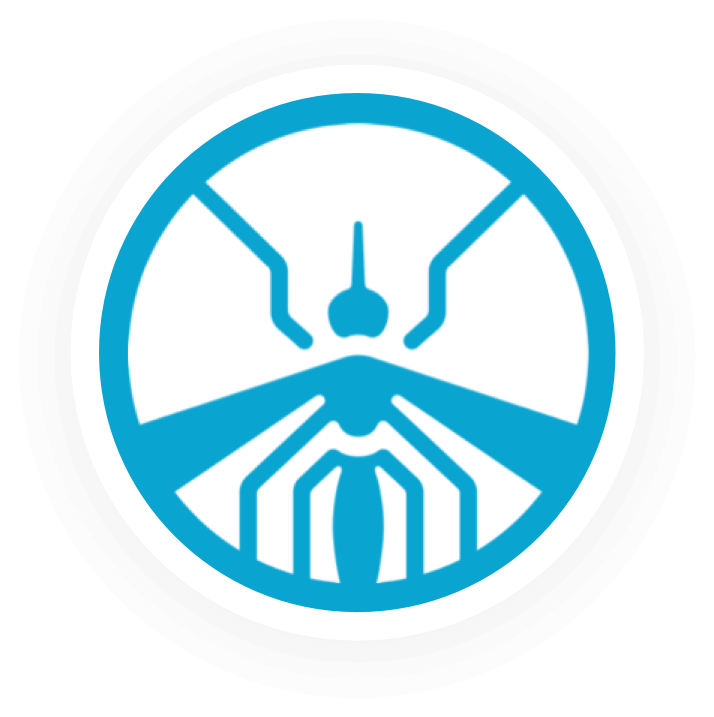The World Mosquito Program is working in Medellín to protect communities from mosquito-borne diseases like dengue, Zika, chikungunya and yellow fever.
After conducting laboratory studies to examine the impact of Wolbachia on dengue, Zika and chikungunya viruses in Colombia, we have worked in Bello and Medellín to explain our Wolbachia method and gain consent from these communities.
Since receiving the community’s support in Bello and Medellín, we have released Wolbachia mosquitoes in these areas.
The Medellín area has a long history of mosquito-borne diseases, with major outbreaks of dengue in 2010 and 2016 affecting more than 35,000 people.
(Date updated June 2023)


Aburrá Valley
Medellín joined the World Mosquito Program in 2016, following an agreement between Monash University and the Colombian Government.
In early 2016, the project engaged with the community to explain how the Wolbachia method works to prevent mosquito-borne diseases. In Medellín, public acceptance of the project (prior to release of mosquitoes) was rated 97%.
Together with the community, we started releasing Wolbachia mosquitoes across the project areas in August 2017. We are also collecting data on the incidence of dengue, Zika and chikungunya in the release areas. By 2019, we finished the release stage of Wolbachia mosquitoes.
The community has been enthusiastically supporting the project in Medellín, with approximately 20,225 volunteers helping to release mosquitoes, host bug traps and promote the project.
Dengue incidence in the Aburra Valley is 95-97% lower in the period since Wolbachia has been established.
In a case control study in Medellin in 2019-2021, dengue incidence was reduced by half among participants resident in Wolbachia-treated neighbourhoods.

Bello
Bello joined the World Mosquito Program in 2012, following an agreement between Monash University and the University of Antioquia.
Starting with a pilot project in the neighbourhood of Paris in 2014, the project engaged with the community to explain how the Wolbachia method works to prevent mosquito-borne diseases. Community engagement is a critical part of the project. In Paris, public acceptance of the project (prior to release of mosquitoes) was rated 93%.
We started releasing Wolbachia mosquitoes across Paris in 2015 and we are continuing to collect data on the incidence of dengue, chikungunya and Zika in the release areas.
Following the successful trial, we expanded the project to Bello municipality and began releasing Wolbachia mosquitoes in 2017. We continued to release mosquitoes in Bello municipality to establish Wolbachia in the local mosquito population until 2019.
The community supported the project in Bello, with over 26,000 volunteers helping to release mosquitoes, host bug traps and promote the project.

Itagüí
Itagüí joined the World Mosquito Program in 2019, following an agreement between Monash University, University of Antioquia and the Itagüí government.
We started the releasing of Wolbachia mosquitoes across Itagüí in late 2019 and finished in 2020, with the more than 38,000 volunteers.

Sabaneta
Sabaneta joined the World Mosquito Program in 2019, following an agreement between Monash University, the University of Antioquia and the Sabaneta government.
We started releasing Wolbachia mosquitoes across Sabaneta in late 2019 and collected data on the incidence of dengue, chikungunya and Zika in the release areas after the end of releases.




